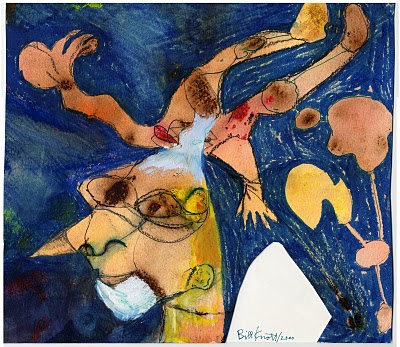loaded with tufts like a dogwood or 14 critics
12. Fucking A! Aimee Bender is interviewed about women and drinking.
It was a surprise for me after college to realize I didn’t hate beer, which I had assumed I hated, which cut off a lot of options.
9. Roger Ebert is a badass and just won New Yorker caption contest.
9. Bullet in the Brain is online here. It has typos but who gives a fuck. It has many technical flourishes. It has “moves.” You should read it and then pass it on or disrespect it or yawn or make some comment about critics. I am working a theme here, all crow, etc.
11.
“I made a mistake in writing an essay called ‘The Pleasures of the Difficult,'” Mr. Baumbach said.
13. At the store, do you prefer self-checkout, self-bagging, or is it ethically wrong? What exactly made the dandelion an enemy flower? Why do weathermen despair the rain? You can learn to talk wisely about a nice house or you can learn to build a house. Red Bull makes you an individual, except for the drinking Red Bull thing. Do you aim while peeing? Who chose what would one day be labeled white noise?
14. On the issue:
I’ve always felt those articles somehow reveal more about the writers than they do about me.
Marilyn Monroe.
In search of lost internet time
This is not an accomplishment: Yesterday, I woke up at 6:30am and went to sleep at 11:30pm, roughly. I spent under an hour on the internet.
This may not seem like a big deal to you, but this is the least amount of time I’ve spent on the internet while being in town (that is, not out of town, e.g. on campus visits, giving readings, or – dare I say it? – vacation) in years.
Loving All These Thieves
 This week I noticed a correspondence between the opening sentence to Great Expectations and the opening of Lolita. I’m interested in the idea of Nabokov stealing from Dickens, a writer he admired and about whom he lectured at Cornell.
This week I noticed a correspondence between the opening sentence to Great Expectations and the opening of Lolita. I’m interested in the idea of Nabokov stealing from Dickens, a writer he admired and about whom he lectured at Cornell.
Here is the opening of Great Expectations:
“My father’s family name being Pirrip, and my Christian name Philip, my infant tongue could make of both names nothing longer or more explicit than Pip. So, I called myself Pip, and came to be called Pip.”
 Here is the opening to Lolita:
Here is the opening to Lolita:
“Lolita, light of my life, fire of my loins. My sin, my soul. Lo-lee-ta: the tip of the tongue taking a trip of three steps down the palate to tap, at three, on the teeth. Lo. Lee. Ta.
“She was Lo, plain Lo, in the morning, standing four feet ten in one sock. She was Lola in slacks. She was Dolly at school. She was Dolores on the dotted line. But in my arms she was always Lolita.”
Note the correspondence between the two openings in terms of wordplay, the repetition of the consonant sound (p- and l-), READ MORE >
memoir bully, memoir befriend!
On memoir, Fran Lebowitz says that if your life were all that interesting, someone else would write a book about it.
In basic agreement, Lorrie Moore replies to Lebowitz:
And, among several gleaming shreds, this analogy of the memoir to:
Are you coming into the house of narrative through the back door because the back door is where the money is?
or…
People are telling us their personal stories and speaking to us of their private lives and even if the structure is rickety and the prose has, to borrow Dick Cavett’s phrase, “all the sparkle of a second mortgage,” we are going to hang in there because it is true.
You can already see Moore’s reluctant (real at all–I dunno) respect (attack?) of/for the form. A funny thing NYRB chose her to review memoirs, but possibly they knew exactly what they were doing. Dinty Moore responds to Moore:
Last Sentences

Last sentences are more difficult to evaluate absent context than first sentences, because first sentences are a handshake, a promise, an invitation, an opening. They are establishers of context. They mean in conversation with what follows them, but not only in conversation with what follows them. Last sentences mean only in conversation with what precedes them. Still, I think it is (or I hope it will be) a useful exercise to look at some last sentences absent context, and see what’s there. I plan to post about this matter again, and at greater length, but for now I want to just offer a selection of last sentences for your edification and mine:
“The widow begs you, therefore, if you ever pass through our village, to be good enough to spend the night in her house as her guest, and when you leave in the morning, to take the santuri with you.” – Nikos Kazantzakis, Zorba the Greek
“These spirits, they’d left her for good the morning that the news was broadcast on the radio that her brother had set his body on fire in the prison yard at dawn, leaving behind no corpse to bury, no trace of himself at all.” – Edwidge Danticat, The Dew Breaker
Some Ort Stuff
http://www.youtube.com/watch?v=sevrTZRAibQ
Great essay about James Frey and his new “art” book from Art in America.
On another, much sadder note, the (total badass) artist and activist Ai Weiwei has been detained by Chinese authorities for “tax evasion, bigamy and spreading indecent images on the internet.” Since early this year the media in China has portrayed him as a “deviant and a plagiarist” which is maybe the most direct thing that can be said of the role of an artist. While it is possible that Ai knew he was going too far by offering the above photo (and many other nudes with many other people) to Chinese authorities with the caption『草泥马挡中央』 a double-entendre meaning both “the central grass mud horse” (in China that alpaca is an internet meme named Cao Ni Ma, which is a pun) and “Fuck your mother, Communist Party Central Committee” (I’m sure they deserved it), you can sign a petition for the release of Ai Weiwei right here, via the Guggenheim. I don’t know if petitions really matter much in dealing with a government that clearly does not believe in freedom of expression and so on (though I do not know if they do much good in my country either), but anyway there you go.
This is Ai’s map for “a fake editorial”:
I remember seeing the words: “now you are the fastest piglet in the county.”
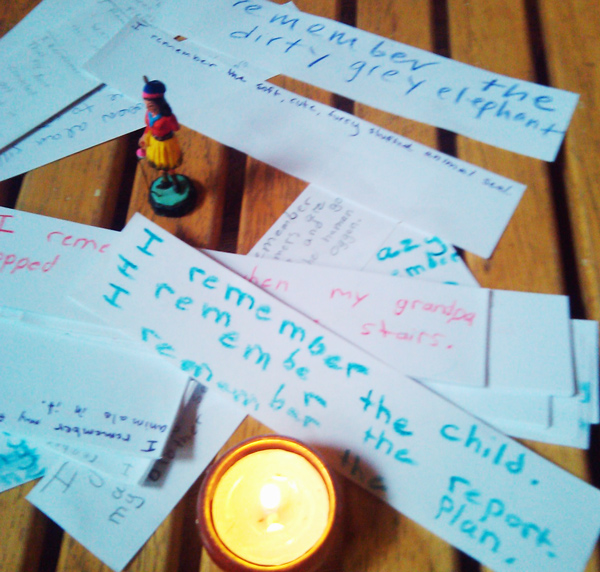
Bhanu Kapil writes “I remembers” with fourth graders. These children are brilliant. Magic. Geniuses.
I remember when I would write poetry in elementary school. Every couple months our class would have a showcase. Our parents would come. We would display our talents. I would always read an original poem. They were often about seasons and candy (what else is new)…and the relationship between seasons and candy (candy corn–so autumn). I was proud that I didn’t have to use a rhyming dictionary to write my poems and the kids would say, “One day you’ll be a famous poet. One day you’ll have a huge book of poems!” One time I tried to do a piano recital but got nervous and fucked up. So I thought, I should stick with the poems. And I’ve stuck with words all this time.
Highlights from Bhanu’s trip to Garfield Elementary School: I Remember: [1]
READ MORE >
Bill Knott Week Notice
The Week of May 2, HTMLGiant will be running a series of posts about the poetry and person of Bill Knott (he who painted what you see below.) If you would like to contribute an anecdote, some words about a favorite poem, an appreciation of a particular aspect of Knott’s work, a story about Knott as a teacher or public person, or any other Knott-related thing, please email your submission to: kyle (at) kyleminor.com
you douche
I’ve been wondering about the term douche bag. Why is it so good, so apt, so fun and on the button to say? What other label (and it is a label) so perfectly calibrated? Why does it cause serotonin release when spun well, in the correct moment or setting or vibe? Why does it sound serious and canny and true? I sometimes fall in love with a person when they turn the phrase well. Right in love. What does it mean? Why does it sound to my ear both vintage and extant? And what metaphor are we working here?
Is it the sound in the mouth, in the air? Linguists, weigh in. It does come out clean: douche bag. The solid D, the pleasurable “shooosh,” the strong, grounded, anchor of “bag.” Soft and hard. Just kidding, but not kidding at all. Not at all. Serious.
So explicit, yet capacious. I mean it is beyond jerk—jerk is an offset of a nuanced initiative, sometimes even provocative (Brando was habitually a jerk—so what? Etc.)—and asshole is understandable, as we all can relate. We are all assholes sometimes in the same way we occasionally get embarrassingly drunk, and it’s OK to say, “God, I was such an asshole…” But douche bag? That’s a pariah. I will drink beer with 99% of humanity, but not a confirmed douche bag. Never. Ever. If someone’s a douche bag, they are a douche bag, done. A douche bag is loathsome, a contemptible phony. It implies a past wrong, a meanness, a paucity, Bad Faith and bad intent. Like a serial liar or a poor tipper who then steals tips off tables when no one is looking. A turd on a wedding cake (whose simile did I just steal, I forget). A douche bag is a douche bag. Fuck them all. A D-bag. A douche. A douche bag. It is a good term, I like it, I like saying it and hearing it said, and it does provide one clear goal in an oft diabolical life of puzzling. To not be one.

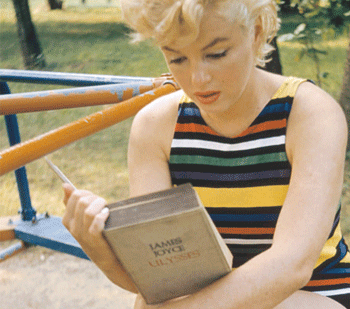
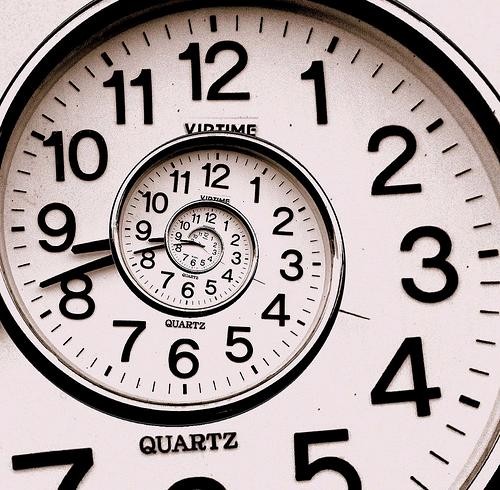

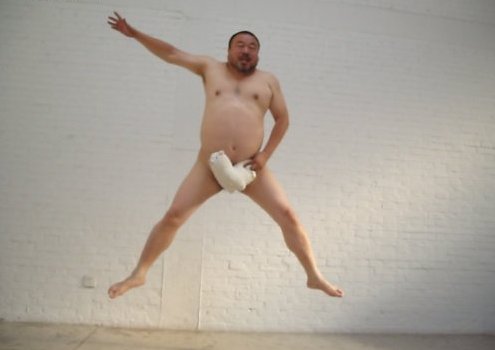
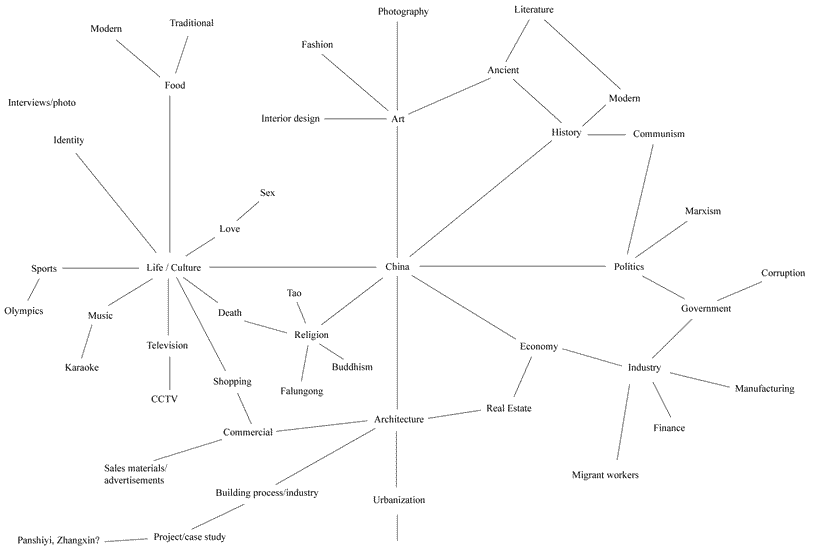

 It is an English Ale (otter boards!) with Appolo hops, pale malts, and a gravity of 11.00 Plato.
It is an English Ale (otter boards!) with Appolo hops, pale malts, and a gravity of 11.00 Plato.